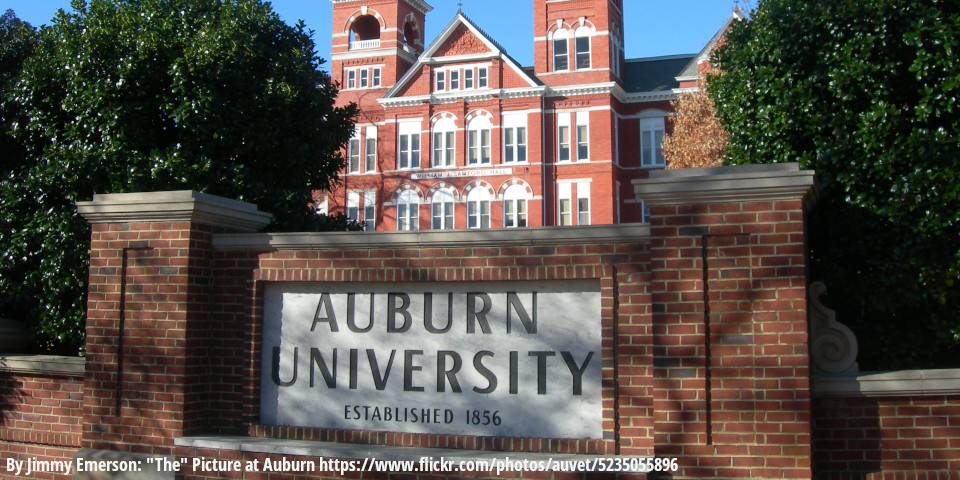Application deadline: Review of applications will begin on Monday, March 7th, and will continue until a suitable candidate is found.
Start date: Flexible, with Summer 2022, Fall 2022, and Winter 2023 semesters all possible.
Project description and responsibilities: The selected individual will participate in collaborative research alongside USDA ARS bee labs (e.g., Stoneville, MS; Beltsville, MD; Baton Rouge, LA), universities (e.g., University of Georgia), and non-profit (e.g., Bee Informed Partnership) partners to promote beekeeper management of the deadly Varroa destructor mite. Examples of possible projects include identifying novel varroa miticide compounds in the laboratory, evaluating the potential of new products or combinations of existing products in the field, and describing populations of varroa resistant to current miticide products. The specific projects will cater to the interests and experience of the selected individual, as well as the needs of the beekeeper community. The selected individual is also expected to take on a leadership role. This will include designing experiments, mentoring project personnel, and communicating results to stakeholders. Numerous opportunities will exist for working with beekeepers and developing scientific as well as apiculture skills and experience. Publication of results in quality peer-reviewed scientific journals is expected. Furthermore, the individual will be required to contribute to the collegial atmosphere of the Bee Lab, including through participation in collaborative research, guest lecturing, and public outreach.
Duration: Two and four years for M.S. and Ph.D. programs, respectively.
Salary range and other benefits: Starting salary of $23,000 and $25,000 for M.S. and Ph.D. programs, respectively, with opportunities for advancement depending on performance. The individual will be assigned a Graduate Research Assistant position that includes a full tuition waiver.
Required qualifications: An undergraduate degree in Biology, Ecology, Entomology, Botany, or related field from an accredited institution in the United States or an equivalent institution abroad is required to begin a M.S. program. A M.S. degree is needed to start a Ph.D. program; however, opportunities exist for an individual to roll their M.S. program into a Ph.D. program. The selected individual must meet eligibility requirements to work in the United States at the time of appointment.
Desired qualifications: Experience contributing to honey bee health research, as well as demonstrating key beekeeping management techniques, is ideal. However, finding an individual that is creative, hard-working, and collaborative is most important!
Application description: Complete applications must include: 1) one-page cover letter that addresses your experiences and goals with respect to this position as well as how you meet the required and desired qualifications; 2) curriculum vitae; 3) contact information for three references; and 4) copies of all post-secondary transcripts.
Application submission: All materials should be compiled as a single PDF document and submitted to Dr. Geoff Williams (williams@auburn.edu). Please include ‘Graduate Student Opportunity’ in the email subject line.
The University: A Carnegie R1 university, Auburn is a public flagship land-grant institution with a student enrollment of more than 30,000. The University provides instruction in approximately 70 academic departments, performs graduate research and public service across a variety of program areas, and is home to a vibrant community that enjoys a college town feel. The University is located in the city of Auburn in east-central Alabama, near the metropolitan areas of Birmingham, AL, and Atlanta, GA, as well as scenic escapes like the southern Appalachians and the Gulf of Mexico.
The Department: The Department of Entomology and Plant Pathology is administered by the University’s historic College of Agriculture. It houses over 20 faculty, 5 support staff, and more than 50 graduate students, all of whom work towards executing the University’s research, instruction, and extension missions. Additional information can be found at http://enpp.auburn.edu.
The Laboratory: The University’s Bee Lab, known as AU-BEES, currently consists of three graduate students supported by one faculty member, two post-doctoral research fellows, one laboratory manager, three technicians, and multiple undergraduate students and local stakeholders. Alongside our collaborators from across the globe, the AU-BEES team works toward promoting the health of bees through various research, instruction, and extension activities. Additional information can be found at http://aub.ie/bees.










